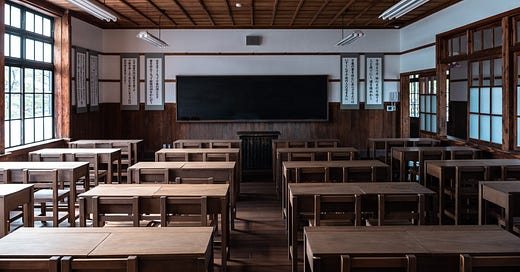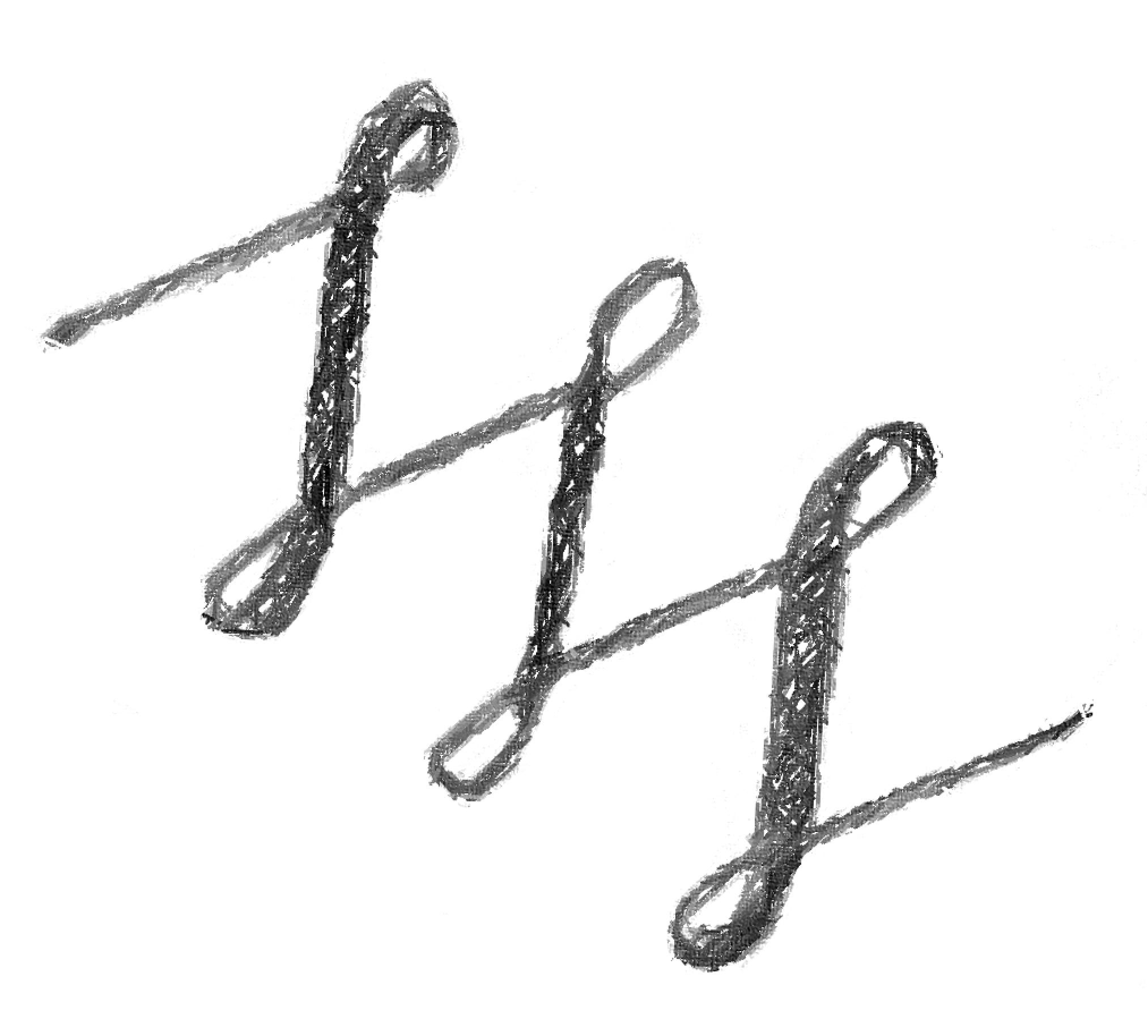Hi all,
Thank you for joining me for this week’s song, “Minami Sanriku”, by David Rovics. If you’d like to hear the song before you read the background, I’ve included a YouTube video below the article.
Below, you’ll find my interpretation of the lyrics (written in italics). Comments and questions are welcome. For Japanese students, vocabulary words in bold are provided in Japanese below. TOEFL (PBT) 450+, Eiken 2, CEFR B1.
(490 words)
13 years ago tomorrow
On 11 March 2011, 14:46 JST, a 9.0 earthquake hit off the northern coast of Japan. The quake was powerful enough to lift part of the Japan coast 8 feet and to shift the earth’s axis by 10 centimeters (4 inches). It started a giant tidal wave (tsunami) that reached the Japanese coast approximately 30 minutes later, moving at a speed of about 500 miles (800 km) per hour.
The total number of dead or missing was between 18,000 and 20,000 people.
The quake shook the nuclear power plants in Fukushima Daiichi (pronounced die-ichi, meaning “first”) and Daini (die-ni, “second”) and the tsunami destroyed the water pumps that kept the reactors cool. Within days, the fuel in three of the four reactors at Daiichi had melted through their containments.
David Rovics writes on his website (URL below):
I read about the town of Minami Sanriku, and how the elementary school kids who were at school at the time survived the tsunami because the school was on the top of a hill. So many of their family members down below died. Based on that story and my knowledge of Japanese culture (my wife is from Japan, and I have been there many times), I wrote this song.
The song is told by a child who is, perhaps, in elementary school. For readers who do not know Japanese, there will be a few words to point out:
Ojichan is a way that family members address an older man or a grandfather in the family.
The Song
It was only last week that I walked past the water
I remembered last summer and the candles we made
The whole town was there beside the river
On that warm August night of the Lantern Parade
With a breeze on our backs we walked home together
We unrolled our futons when the night was through
Ojichan was sleeping so we tried not to wake him
That’s how life was in Minami Sanriku
Where is Minami Sanriku?
It was only last week that I came home from school
My parents were working, but my grandpa was there
He threw a ball in my hand looking ever so cool
In his corduroy jacket and his wavy white hair
I said, “Hello, ojichan” and I threw him the ball
It went kind of like that for the whole afternoon
The sun had gone down when we heard okaasan call
We went inside to eat, in Minami Sanriku
Okaasan means “mother”.
It was only last week I was sitting in class
With the rest of the kids on the top of the hill
We felt the earth shake, heard the breaking of glass
And then for a long time the world stood still
We went outside to watch the wave rolling in
As it took away everything I once knew
We stood helpless and looked at the town that had been
Oyasumi, daisuki, Minami Sanriku
oyasumi (Goodnight) daisuki (beloved)
If you live in Japan…
PLEASE make sure you have enough supplies for yourself and your family (including pets) in the event of an earthquake. Women: Be sure to prepare feminine supplies and personal hygiene items. During the Great East Japan Earthquake in 2011, this is one of the things that was NOT an important priority.
Talk with your family and make a plan as to where to meet.
Remember Disaster Emergency Message Dial “171” - https://www.ntt-east.co.jp/en/saigai/voice171/
What to prepare for an earthquake:
Question:
Do you remember where you were when you heard the news of the Great East Japan Earthquake?
Vocabulary
shift 移行
axis 地軸
nuclear power plants 原子力発電所
destroy 破壊する
reactor 原子炉
fuel 燃料
melt 溶ける
containment 格納容器
David Rovics is an author at Counterpunch.org and can be found on Substack at https://davidrovics.substack.com/. He’s also on Patreon and many other social media sites. “Minami Sanriku” appears on the Bandcamp album, Ten New Songs (2011). For more information , see David Rovics’ site at:
https://www.davidrovics.com/songbook/minami-sanriku/
Japan warns of more strong quakes as 'slow slip' phenomena hits Chiba
Sources
Encyclopædia Britannica, inc. Relief and rebuilding efforts. Encyclopædia Britannica. https://www.britannica.com/event/Japan-earthquake-and-tsunami-of-2011/Relief-and-rebuilding-efforts. Accessed 25 Feb 2024.
Kingston, J. (Ed.). (2012). Natural Disaster and Nuclear Crisis in Japan. Nissan Institute/Routledge Japanese Studies Series. Routledge.
Voigt, K. (2011, April 20). Quake moved Japan Coast 8 feet, shifted Earth’s axis. CNN. http://edition.cnn.com/2011/WORLD/asiapcf/03/12/japan.earthquake.tsunami.earth/index.html. Accessed 25 Feb 2024.
Yamaguchi, M. (2023, August 28). Removing Fukushima’s melted nuclear fuel will be harder than the release of Plant’s wastewater. AP News. https://apnews.com/article/japan-nuclear-fukushima-plant-decommissioning-water-release-fe953a597cc86004e525e1816d6c9c49. Accessed 25 Feb 2024.











I do remember where I was when I heard of this horrific tsunami… the same as I do when I heard about 9/11, not that it was anywhere special on either occasion, I just know my day stopped, as if the clock had stopped ticking. So many lives lost… the feeling of helplessness, thoughts for families who were also just going about their day in their normal way with no preparation or for warning of the horror that was about to befall them… even now it brings tears…
Thank you for the reminder Louise, it is not a bad thing to recall these events, to know that literally anything can happen that can change your life in a matter of seconds…🙏🏽